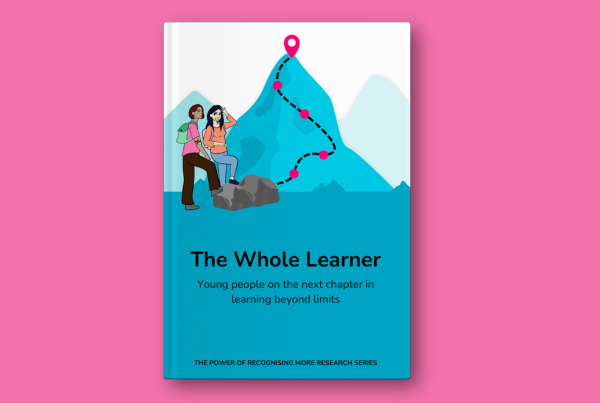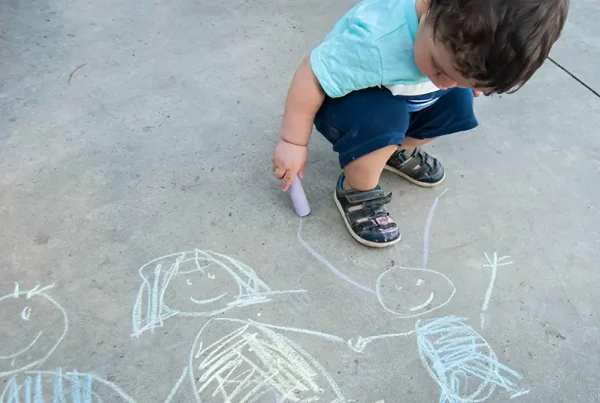
Written by young researchers Linh, Charlie, and Mietta, this article shares insights from a new report 'The Whole Learner' - which was co-led by young people and reveals why the…

Co-led by young people as both the researchers and contributors the report reflects findings from workshops and interviews with young people across Australia. It shares their experiences and desires for…

Jye Marshall explores how a reimagined qualifications and vocational education system could be more equitable for students.

Melinda Cilento describes our social compact around education and why it’s fraying.

Doug Taylor explains why investment in education is more important than ever.

Bronwyn Lee explores why our national conversations continue to assume a false dichotomy between focusing on foundational literacy and numeracy skills and complex capabilities.

Margot Griffith reveals the potential to flip our learning credentials system to be owned and shared by learners, shifting a focus around credentials themselves, towards skills.

Megan O’Connell explores what lessons we can draw from centering the whole child and wellbeing in early childhood education and their relevance to adolescence. Could embracing a similar holistic approach…

Terry Mazany makes the case for philanthropy to realign to the pressing challenges of our time and reinvent itself so that it can support the transformation of systems, including education…

Hamish Curry explores how technology can isolates us if we don’t think intentionally about its best use a tool to learn and connect with the world around us.

Learning Creates Australia is closer to realising its vision of all young people successfully transitioning from school to further learning or work, following a multi-million commitment from the Paul Ramsay…
Drawing insights from schools, universities, and various partners nationwide, Learning Beyond Limits: Insights and learnings from visionary schools and communities working toward a fit-for-purpose learning system. reveals a paradigm shift,…
Teachers, principals, young people, policymakers and employers from across Australia are coming together in Tasmania this week to discuss the future of education. In particular, they are focussed on how…
Our contribution to this review recommends that Tasmania’s education system should continue to prioritise working towards an inclusive and fit-for-purpose definition of educational success. And that work will be most…
Our submission identifies two guiding principles that Jobs and Skills Australia (JSA) could consider adopting in the design and implementation of the Taxonomy:
Learning Creates Australia appreciates the focus of the review on the provision, quality and equity of senior secondary pathways. We also recognise that while reform efforts are necessary, they are…
Learning Creates Australia appreciates the focussed reform efforts outlined in the Consultation paper to ensure the most in need are not left further behind. We also recognise that while reform…
The Accord provides an unique opportunity for tertiary and further education to take a leading role in shifting the learning system, moving beyond targeted programs for disadvantaged young people and…

Hayley McQuire explains why First Nations self-determination and leadership in the design of their education experience can open up new opportunities for Australia to lead a new path.

Hayley McQuire calls for a learning system of First Nations people's own design.

Dr Melinda Mann asks us to re-imagine what a system of recognition could look like. One that might measure the success of First Nations’ students, not for their proximity to…

Louka Parry explores why social and emotional learning should be at the heart of our design of learning systems.

Is shared how they found a sense of agency in their learning only when moving into an alternative schooling environment where they had more of a say in how and…

Learning Creates spoke with Jamie (not his real name) to find out how he describes his own learning experiences - at school in the city, on-country in the NT and…

Gabriella found the academic expectations in Australia quite different to her education in the Philippines where accelerated learning is the norm.

Harley met with Learning Creates to describe what it felt like to be caught in a world where he felt either good or bad all the time.

Tawana shares her positive experience of schooling, but one that she didn’t feel like fully prepared her for work or further education with a lack of connection to community.

Ben is 19 and working towards his year 12 certificate, having left the mainstream school system.





















